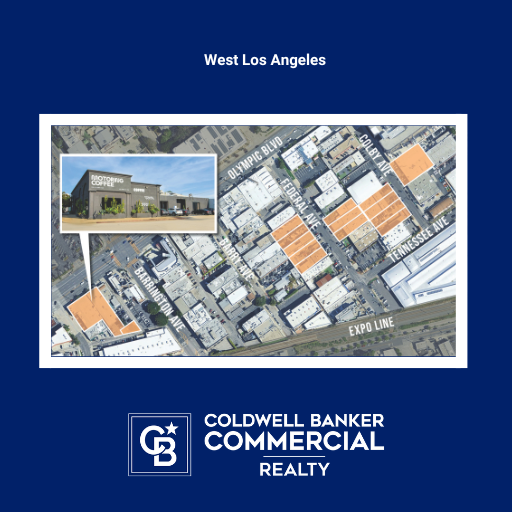Inflation in the Economy Impacting Commercial Real Estate

Inflation has been on everyone’s minds lately as increased prices are affecting the entire economy and driving up costs for food, consumer goods, labor, housing, and commercial real estate. To help curtail inflation, the Federal Reserve Bank has been raising the target interest rate with three increases since March of this year for a total increase of two full percentage points. By increasing interest rates, the fed works to cool demand for products and services (by dissuading borrowing) which helps prices come back down to a more normalized growth rate. That means payments normally made with borrowed funds, such as real estate, become even more expensive. In fact, the 2% increase in interest rates equates to about 40% higher payments for borrowers of commercial real estate who typically borrow funds with a 20-year amortization rate.
I was recently listening to the Commercial Investment Real Estate Podcast produced by the CCIM Institute and Martha Peyton, PhD., who is the global head of real estate research at Aegon Asset Management. Peyton shared some interesting observations on inflation and its effect on commercial real estate. Through analyzing historical data, she noticed that when inflation hits, people look to purchase CRE as an inflation hedge. While this is a fact supported by past transactions, she delved deeper to find out why. One of the main reasons that CRE is a sound investment during inflationary periods is that commercial leases have escalation clauses giving the landlord the ability to pass along common area maintenance (CAM) costs to the tenant, so as costs increase, net income remains strong. Short-term leases, such as apartment leases which are often one-year, are especially good because rents and terms can be adjusted easily. This is exactly what Redfin reported as happening, with asking prices for rental housing increasing an average of 17% this year nationally.
Upon further research, Peyton points out that we only see this type of appreciation in balanced markets which have not been overbuilt. When supply is too high, property owners are more focused on keeping tenants than in the terms of the lease. My local market of Traverse City and the Grand Traverse area in Northern Michigan would fall into the category of a balanced market or even one with demand outstripping supply, so rent appreciation is not a surprise and we are in a good position to take advantage of CRE as an inflation hedge even with higher borrowing costs.
Drilling down further, not only should we study the market we are investing in to make sure there is not an oversupply, but we must look at different asset classes within that market to determine which ones may have excess capacity and which are underbuilt. Like many other markets, Traverse City has been in short supply of housing, multi-family, warehousing, and industrial space, but currently has an excess of office space. If office workers start working less time in the office, the demand for office space will continue to decrease over the next couple of years and if our office market is overbuilt, it is an indication that sector will not be a good hedge against inflation. Specific locations are also important to look at as seen in our retail market. We have high demand in our downtown which is underbuilt for retail, but the surrounding area seems to be well balanced.
Inflation is transitory and will slow down as people spend through trillions of dollars of newly created pandemic money. However, the lingering Covid pandemic and the war in Ukraine will continue to create supply issues that will cause inflation to remain persistent longer. While supply remains below demand we will see price appreciation. Each asset should be evaluated for its own merits as some CRE properties will perform better than others. Using specific market knowledge to drive CRE investment decisions will help the savvy investor find above market gains on their investments during this inflationary period.
Dan Stiebel, CCIM, is a commercial real estate professional with Coldwell Banker Commercial Schmidt, Realtors in Northern Michigan.
A Trusted Guide in Commercial Real Estate
Coldwell Banker Commercial® provides Commercial Real Estate Services from Property Sales and Leases, to Property Management. Learn how our expansive network of Independently Owned and Operated Affiliates and Real Estate Professionals use their in-depth knowledge of the local market and industry trends to help businesses and investors navigate the complexities of the commercial real estate landscape.






